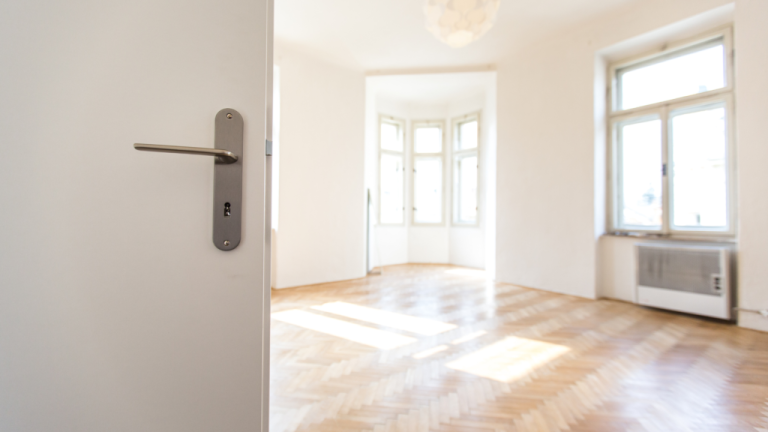The rental market is stabilizing with fewer landlords planning rent increases, according to Realtor.com’s latest survey. But the rent slowdown won’t significantly ease financial burdens for renters who are struggling to save for a down payment or qualify for a mortgage.
Mark your calendars for the ultimate real estate experiences with Inman’s upcoming events! Dive into the future at Connect Miami, immerse in luxury at Luxury Connect, and converge with industry leaders at Inman Connect Las Vegas. Discover more and join the industry’s best at inman.com/events.
Fewer independent landlords are raising their rents this year; however, a new Realtor.com survey revealed the break in rental increases won’t provide enough financial leeway for renters to make the transition to homeownership.
Danielle Hale
“The once-hot rental market has been stabilizing and softening year-over-year since May 2023, mostly from a surge in new rental options coming to the market that gave renters more to choose from,” Realtor.com Chief Economist Danielle Hale said in a written statement. “But the surge in rents and the sheer number of renters, many of whom have held off on buying in recent years, continue to minimize any potential price impacts that increased rental inventory could have on the market.”
Of the 2,419 independent landlords who participated in the survey, 60 percent said they plan to raise rents over the next 12 months. That’s a five percentage point drop from the first quarter of 2023 when 65 percent of landlords reported a planned rental increase.
Among the 60 percent who plan to raise rents, the majority (69 percent) said they raise rents differently for new and existing tenants, with new tenants facing increases of up to 10 percent and existing tenants facing increases of up to five percent. The remaining 31 percent of landlords said they don’t differentiate between new and existing tenants, with half saying they plan to raise rents between zero and 5 percent for all tenants
The 40 percent of landlords who won’t raise their rents this year said it’s because they’re already renting at or above the market rate.
Hale said landlords’ actions are expected to bring the median asking rent down 0.2 percent year-over-year, a piece of good news as the median wage rose 4.5 percent in January. Slowing median asking prices and rising wages will give “households a real break,” she said, but persistently high rental prices will continue to plague the majority of renters across the U.S.
Seventy-one percent of the 2,241 renters in the survey said their latest lease renewal has come with a rent increase, bringing the average rent to $1,000 to $1,500. However, Realtor.com noted a greater share of renters are paying upwards of $2,000 for the rent compared to previous surveys.
Thirty-five percent of renters said they expect a rent increase over the next 12 months, and 38 percent are unsure. With so much uncertainty on the horizon, 63 percent of renters said they’re looking at other options besides renewing their current lease.
For the renters who’ve already declined a lease renewal, 43 percent said it was because the rent was too expensive and another 23 percent said the rent increase was unaffordable.
The continued crunch on renters has pushed them to continue holding off on homeownership.
Eighty-two percent of renters said the economy has impacted their housing plans, with a whopping 71 percent of renters saying they won’t purchase a home over the next 12 months due to low down payment savings (61 percent) and high interest rates (42 percent).
For the 29 percent of renters who plan to purchase a home over the next 12 months, the main concern is failing to qualify for a mortgage.





